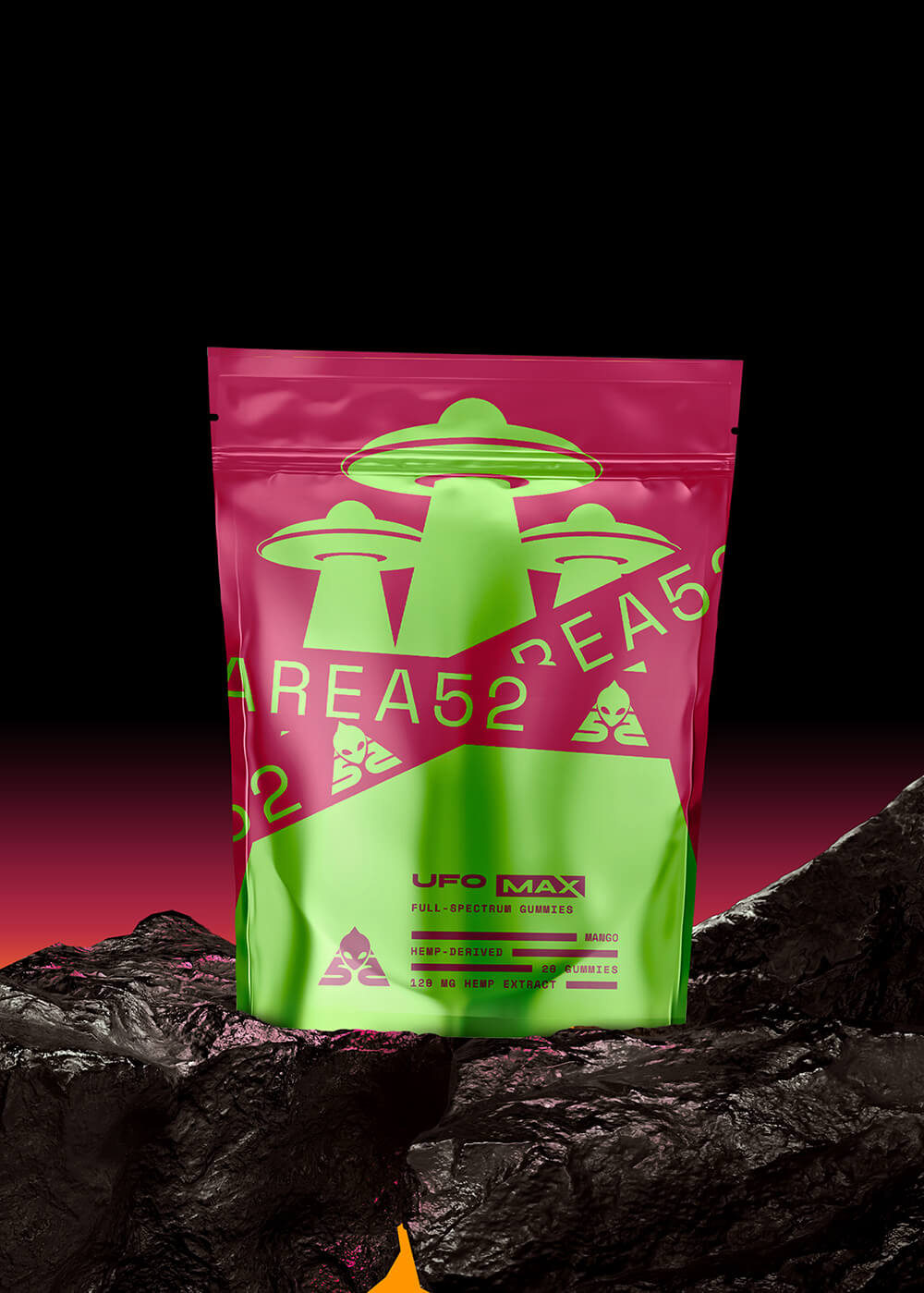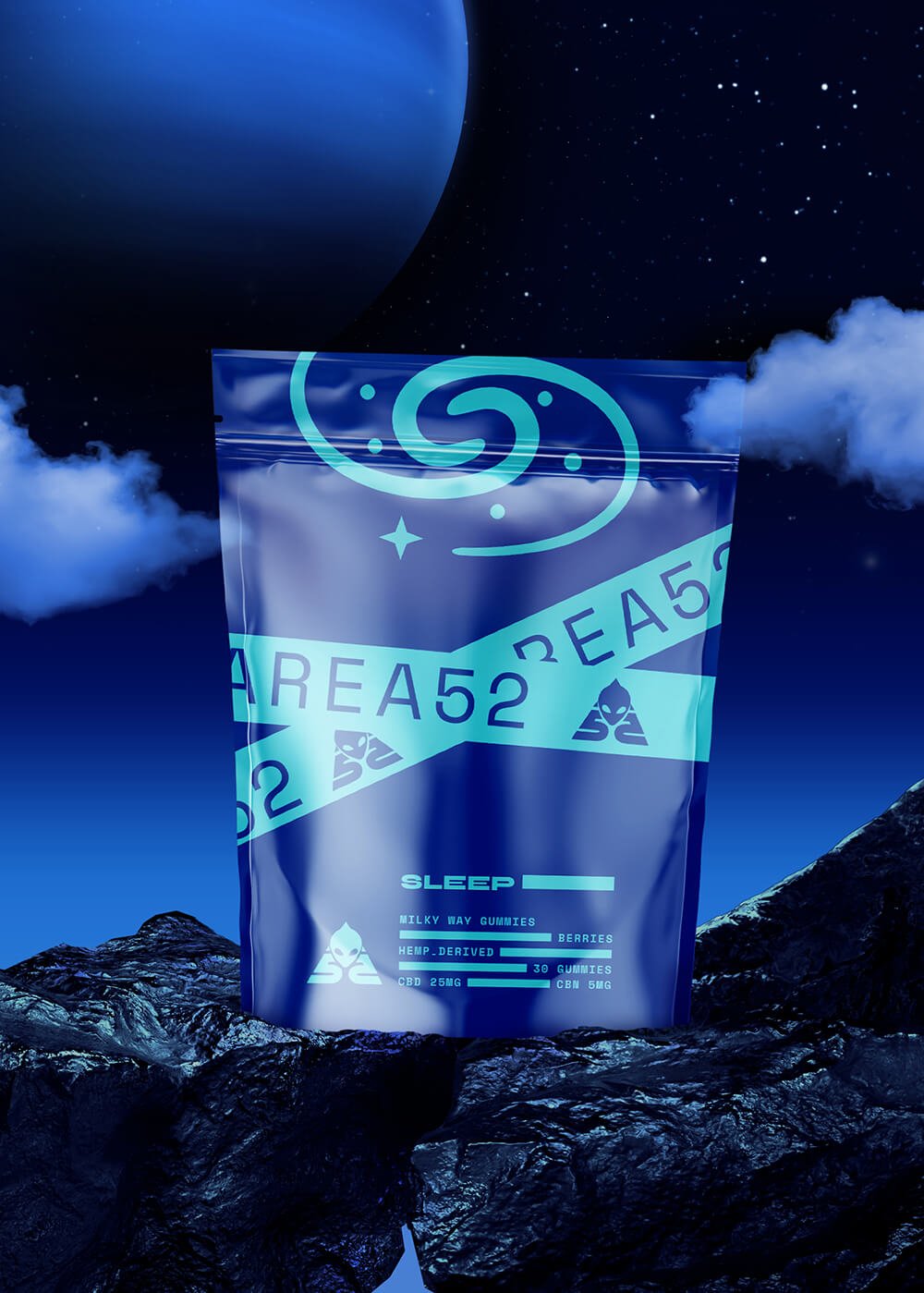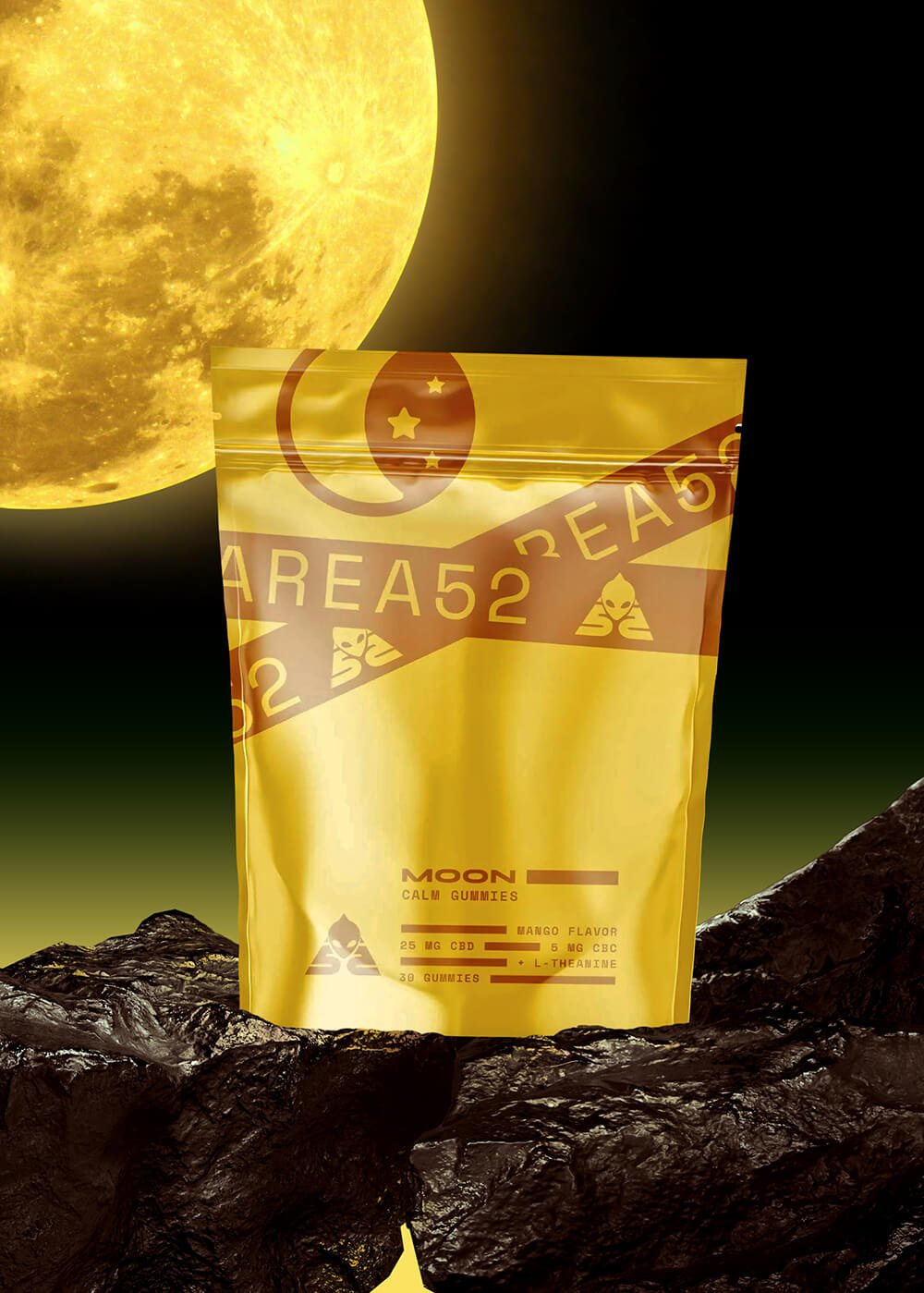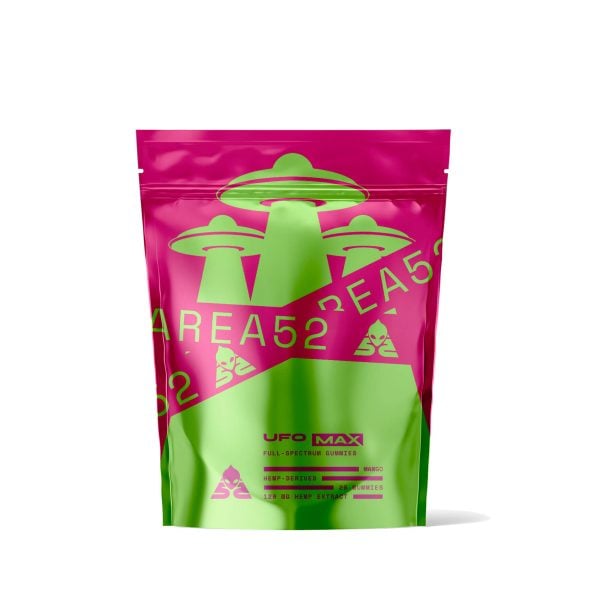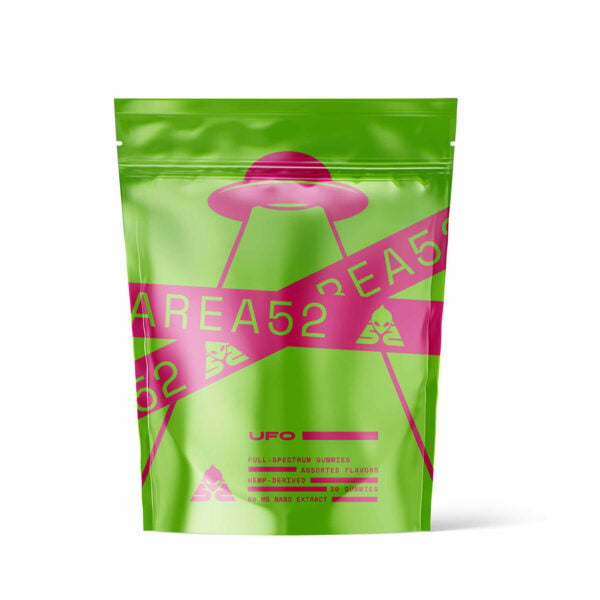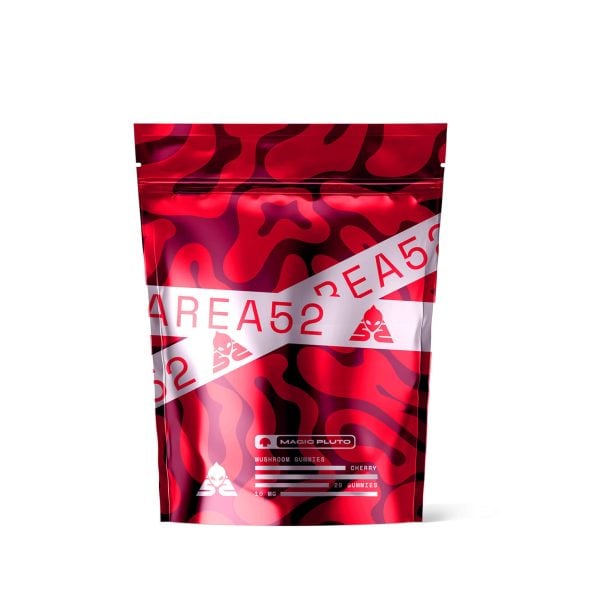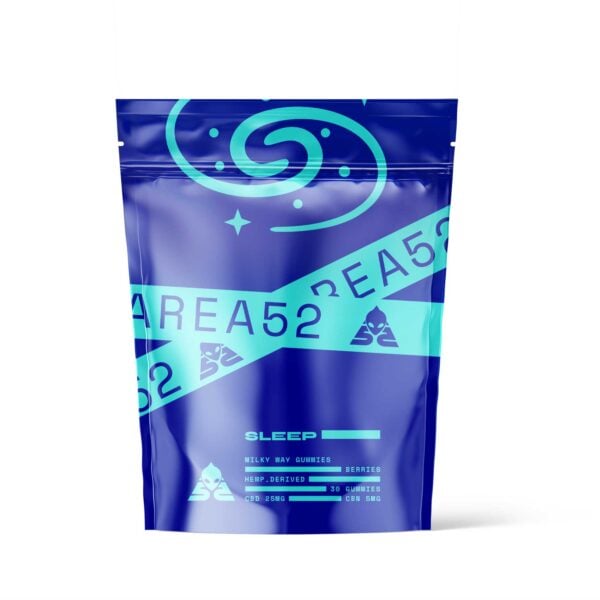Delta-8 THC vs. CBD: What Are the Differences?
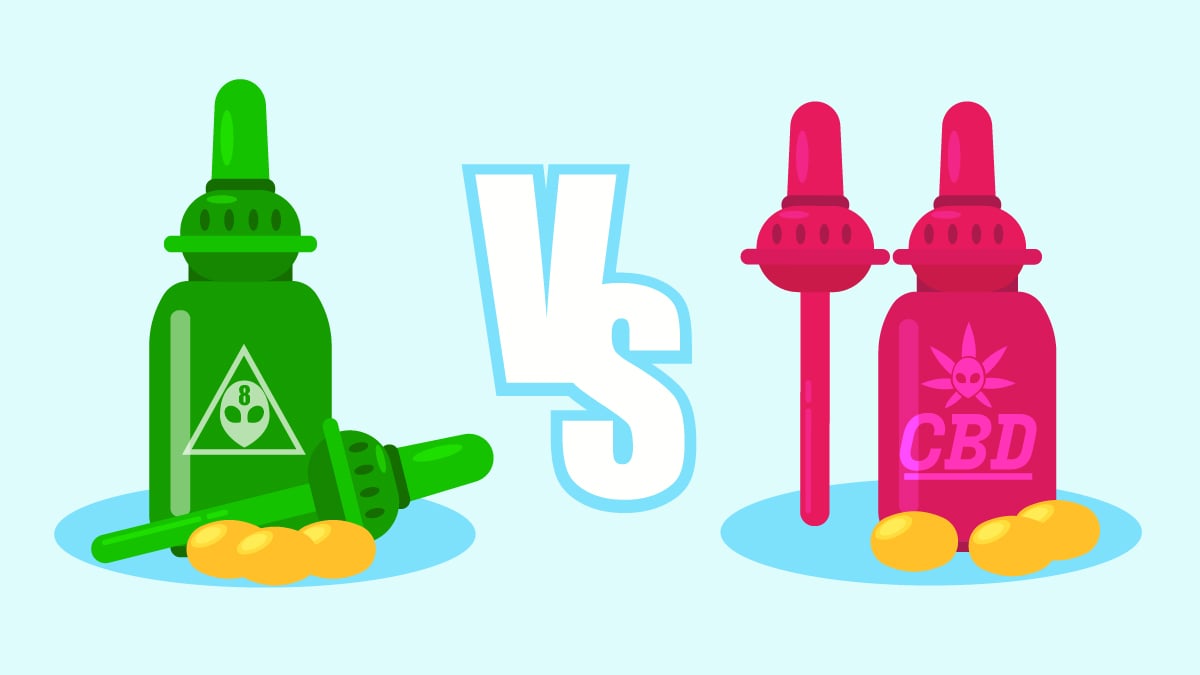
Delta 8 THC is often referred to as the middle-ground between CBD and THC. So what exactly is the difference?
In this guide, we’ll compare the effects of delta 8 THC vs CBD — we’ll cover what makes them similar, and what makes them distinct.
You might be surprised at just how similar these two compounds actually are in terms of their effects and therapeutic benefits.
What is Delta 8 THC?
Delta 8 THC is one of 100+ active ingredients produced by the cannabis plants. Extractors produce delta 8 THC extracts using a multifaceted chemical process to isolate delta 8 THC and other cannabinoids, for that matter, from raw hemp plant material.
Hemp plants don’t synthesize delta 8 THC on their own; it only occurs as a byproduct of delta 9 THC’s degradation over time. So there are only trace amounts of this cannabinoid in hemp. By promoting a natural catalytic reaction or chemical process, federally legal delta 8 THC can be extracted in large quantities from hemp.
When concentrated, delta 8 THC interacts with the endocannabinoid receptors similarly to delta 9 THC — but to a lesser extent.
Delta 8 THC and delta 9 THC have very similar chemical structures, but there’s a slight difference in their atomic bonds. The double bond location is at the 8th carbon chain for delta 8 THC, while the location of the double bond in delta 9 THC is at the 9th carbon atom.
This difference makes delta 8 THC half as potent as delta 9 — but the psychoactive effects are also smoother, more clear-headed, and less anxious — which is the main reason why so many people are turning to delta 8 from high-THC cannabis-derived products.
Delta 8 THC can be extracted from both hemp and marijuana. Here at Area 52, we make our tinctures, edibles, and cartridges from organically grown industrial hemp from local farms in Colorado and Kentucky.
What is CBD?
CBD, short for cannabidiol, is the second-most abundant cannabinoid in Cannabis sativa in general and the most abundant one in hemp plants. Unlike CBD, delta 8 THC has intoxicating properties, whereas CBD interacts with the cannabinoid receptors without producing a high.
The US National Library of Medicine and the cannabis research community state that CBD does affect the mind, so it falls into the definition of having “psychoactive effects.”
The most popular way of taking CBD is sublingually, such as CBD oil and CBD tincture. Other common cannabis products include capsules, topicals, and vape cartridges. Another popular method of consumption is edibles like CBD gummies. However, keep in mind that not every type of CBD oil is designed for vaping. Make sure to vape only the ones that are labeled specifically for that purpose.
Delta 8 THC vs. CBD: What Are the Differences?
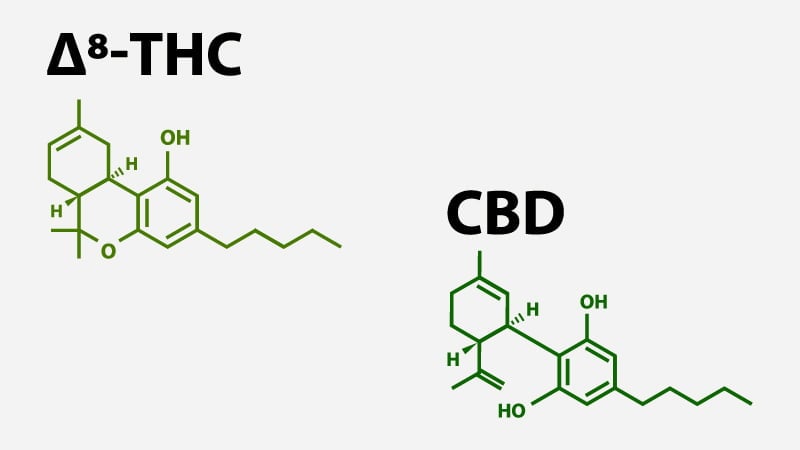
The table below illustrates the key differences between delta 8 THC vs. CBD:
| Delta 8 THC | CBD | |
| Cognitive Effects? | Yes | No |
| Interaction with the endocannabinoid system | CB1 and CB2 receptor agonist | Affects endocannabinoid receptors in various ways |
| Can it make you fail a drug test? | Yes | Not likely |
| Effects | Changes in perception, relaxing | Calming, relaxing, promotes rest |
| Side effects | Dry mouth, confusion, lethargy, anxiousness (very rare) | Dry mouth, dizziness, irritation, changes in appetite |
| Price | $$-$$$ | $$-$$$ |
Delta 8 THC vs. CBD: Mechanism of Action
The main difference between delta 8 THC and CBD is how they interact with the endocannabinoid system (ECS). Delta 8 THC is the agonist of CB1 and CB2 receptors.
CBD, on the other hand, is only the agonist of the CB2 receptor. It has an indirect affinity with the CB1 receptor, but not in a way that could get you high.
Delta 8 THC vs. CBD: Cognitive Effects
As far as the impact on cognition and perception, delta 8 is significantly stronger than CBD. It’s going to produce effects that are similar but not the same as delta 9 THC.
Taken from the textbook definition, both CBD and delta 8 THC are technically “psychoactive.”
The word psychoactive refers to any substance that has an impact on a person’s mind.
Since both delta 8 THC and CBD are known to interact with our brains, some would consider both substances to be psychoactive.
With that said, the cognitive effects are much more noticeable with delta 8 THC compared to CBD.
Delta 8 THC vs. CBD: Effect On Drug Testing
Delta 8 THC can make you test positive on drug tests. Workplace drug tests aren’t designed to distinguish between different types of THC, so if you take delta 8, you may test positive for controlled substances. Even in states where marijuana is legal, you should avoid using delta 8 THC for at least three weeks prior to your scheduled drug test to avoid false-positive results.
CBD oil shouldn’t make you fail a drug test as long as it comes from a certified source that can prove the THC content is less than 0.3% THC. Experts argue that a person would need to take around 2,000 mg of full-spectrum CBD daily to trigger a false-positive result — that’s well over 40 times the standard dose of CBD.
Since the market is unregulated, you need solid proof that your product doesn’t contain significant amounts of THC. So whether you’re buying delta 8 THC or CBD, always be sure to check for an up-to-date Certificate of Analysis (COA) from a third-party laboratory.
Delta 8 THC vs. CBD: Legality and Safety Concerns
On the federal level, any products derived from hemp that contain no more than 0.3% delta 9 THC are considered legal in the United States. These conditions allow hemp-derived CBD, as well as hemp-derived delta 8 THC, to remain legal in the eyes of the federal government.
Some states have other laws that consider all forms of THC (including delta 8 THC) as a banned substance.
In addition, there are safety concerns regarding harmful chemicals used in unregulated cannabis-derived products. Some manufacturers use unsafe chemical processes that introduce toxic byproducts. It’s essential to ensure your delta 8 THC or CBD oil is tested by reputable third-party labs.
National poison control centers have issued warnings to keep delta 8 THC and CBD products out of children’s reach since there
Learn more about the legal status of delta 8 THC in your state.
Delta 8 THC vs. CBD: Therapeutic Benefits
Despite certain differences, delta 8 THC and CBD share similar therapeutic benefits, particularly in promoting relaxation and pain relief.
Some studies suggest that combining delta 8 THC and CBD oil enhances the therapeutic benefits of both compounds. This synergy, known as the entourage effect, involves other cannabinoids and terpenes working together to create a stronger overall effect for chronic pain.
How Are Delta 8 THC & CBD Similar?
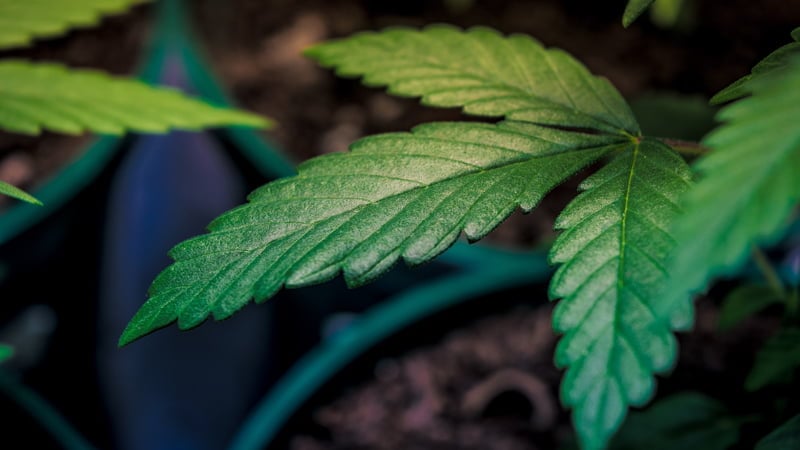
Despite certain differences, delta 8 THC and CBD are similar — especially surrounding their relaxing qualities.
Some studies even suggest taking both substances together is greater than either of them on their own. So rather than looking at this couple as “delta 8 THC vs. CBD”, we should consider them “delta 8 THC and CBD,” where the two cannabinoids work in tandem to complement each other.
The unique relationship between different cannabinoids and terpenes in cannabis plants even has its own term — the entourage effect. This phenomenon presumes that the sum of all cannabis compounds is more effective than each of them in isolation.
Where to Buy Delta 8 THC & CBD
There’s a high demand for both products. However, while CBD has the upper hand over delta 8 regarding use, delta 8 THC pairs better with users looking for natural ways to improve out-of-the-box thinking and motivation with plant-based extracts.
You can find delta 8 THC and CBD products in dispensaries, vape shops, head shops, wellness centers, and even at gas stations. You won’t find them in pharmacies like you would get prescription medications.
That being said, we recommend finding a reputable online retailer if you’re looking for high-quality hemp extracts. Unfortunately, the market is still largely unregulated, with lots of fly-by-night companies entering the space and churning out cheap, sometimes downright dangerous products.
Searching for CBD and delta 8 THC online provides you with more research options, better product choices, and unbeatable convenience.
At Area 52, we pride ourselves on making organic delta 8 extracts that are gently produced without harsh acids and other harmful chemicals; although more time-consuming, this process yields pure and safe products that maintain consistent potency throughout the batches. Each product undergoes rigorous lab testing to ensure safety and efficacy. In addition, our collection is regularly tested in an independent laboratory for its delta 8 content and purity levels; don’t take our word for it; look into our certificates of analysis.
Summarizing the Differences Between Delta 8 THC vs. CBD
Although both CBD and delta 8 THC share the same parent plant — Cannabis sativa L. — they produce different effects on the body and brain.
Delta 8 THC has much stronger cognitive effects than CBD. It causes a high similar to delta 9 but is more mellow and less potent overall. CBD does not cause a high and instead offers more subtle effects. Delta 8 THC interacts with both CB1 and CB2 cannabinoid receptors, while CBD primarily affects CB2.
Delta 8 THC and CBD are both legal in the United States as long as they’re derived from hemp (there are some exceptions to this).
Despite these differences, both delta 8 THC and CBD are used primarily for their ability to promote a sense of calmness. If you prefer to have some perceptual effects along with this effect, go for delta 8 THC. If you’d rather avoid any alteration to your perception, go for CBD instead.
Frequently Asked Questions
1. Is delta 8 THC stronger than CBD?
Delta-8 THC is stronger than CBD in terms of psychoactive effects, since CBD doesn’t produce a high at all. Delta-8 has intoxicating properties, but they’re milder than regular THC, known as delta-9 THC.
CBD’s effects are subtle, focusing more on relaxation or reducing anxiety rather than producing a noticeable “high.”
If you’re looking to get a buzz, delta-8 will do that, while CBD definitely won’t.
2. Is it better to have higher THC or CBD?
It depends mostly on your personal goals and tolerance. Generally, higher CBD content is better if you want therapeutic effects without feeling intoxicated or anxious. CBD often helps offset the more intense side effects of THC, like paranoia or anxiety, making a higher-CBD option ideal for sensitive users.
However, some conditions respond better to THC-rich products. That said, the perfect ratio can vary from one person to another.
3. How much CBD equals THC?
There’s no exact equivalence between CBD and THC, as they’re fundamentally different compounds with unique effects. Most hemp CBD products are legally required to contain less than 0.3% THC, which isn’t enough to cause intoxication.
Products on the market typically show ratios of CBD to THC, ranging from high-CBD formulations like 20:1 or more, down to balanced or THC-heavy options around 1:1 or even 1:10.
Again, finding the right ratio depends entirely on your specific therapeutic needs and how sensitive you are to THC’s effects.
4. Is CBD or Delta 8 THC better for sleep?
CBD is typically preferred by those looking for help with sleep without the psychoactive effects you get from THC products. It provides a relaxing, calming effect and can help ease anxiety, which often interferes with good rest.
On the other hand, delta-8 THC might be more effective for people comfortable with its mild psychoactive properties, especially if stronger sedation is needed. The choice ultimately comes down to whether you’re okay with feeling slightly high or prefer a non-intoxicating sleep aid.
5. Is CBD or Delta-8 better for pain?
For ongoing pain management, especially inflammation-related, CBD is usually the better choice since it’s gentle, non-intoxicating, and can be used regularly without disrupting daily routines.
Delta-8 THC, while psychoactive, may be better for those needing stronger, short-term relief or who don’t mind mild intoxication. It can provide quick relief in a way CBD often can’t match, particularly for acute pain episodes.
Choosing between them depends heavily on your personal comfort level with psychoactive effects and the severity of your pain.
